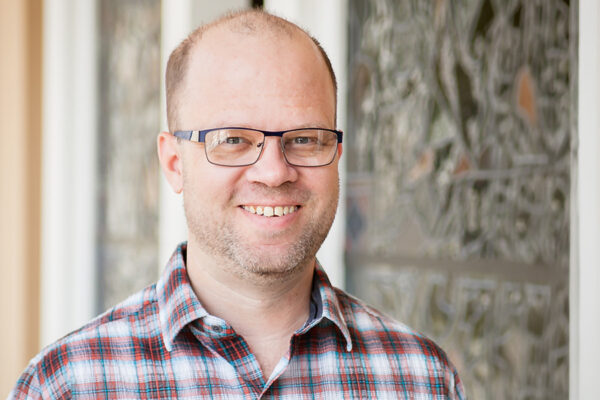A Modest Leap

As I write this, I am contemplating the fact that it will be published on February 29, Leap Day. What an interesting phenomenon it is. It has its scientific basis, of course – to keep the Gregorian calendar aligned with the seasons that are created by the earth’s revolution around the sun. Other calendars have their own, different mechanisms for doing the same thing, to be sure. The Gregorian calendar governs most of the public, “Western” world and, by extension, the Internet and everything else that has been developed by that world. In that calendar, we “add” a day to February every fourth year (with a very minor exception) to maintain the alignment of seasons and our calendars.
Of course, nothing actually happens in the natural, physical universe when we do this. The sun does not stand still. The earth does not adjust its tilt or leap either forward or backward along its orbital path around the sun. Weather does not respond to our making February longer, however much it may be responding to other things we do. We speak of adding a day to the year, yet in terms of human power in the natural world, it is a testimony to what we cannot do. Perhaps we should make the Leap Day a Sabbath.
The Bible presents the Sabbath day as the one in which God “stopped from all the doing God had done” (Genesis 2:2). One tradition that developed from that presentation is that people stop from all the doing that we do. If it was good enough for God, it’s good enough for us. Besides, if we just stop from all our doing, we may be able to realize more fully how much happens in the world without our doing it. We may appreciate the wonder of our bodies, particularly their autonomic systems that tick along without our even giving them any thought –beating hearts, digestion, temperature regulation, daily replacement of dead cells, etc. (Well, we don’t think about them until they take a sabbatical; right?) We may appreciate the intricacies and balance of both plants and animals in nature, sustaining complex ecosystems in which we humans fit best as similarly interdependent natural creatures.
In that natural realm, we humans were given a key role by God in the story of Genesis 2. The first human was given responsibility to name all the animals. By doing so, a certain measure of order and relationship within the natural world was established. We became partners with God, not in creating, but in keeping things in good order according to God’s creative power. We can imagine the entire biological system of classification as an elaborate response to this responsibility. And we can think about naming a Leap Day as part of it, too. We don’t add the day to time itself, but by naming it we do help to keep seasons and our interaction with creation in order.
It’s too late even for me to do much about this year’s Leap Day, but I’m tucking a note in my planner for February 29, 2028. When it comes around, I’ll join in naming it as the Leap Day that it is – and then I’ll do nothing on it. That just might be a way for me to remember my modest place in God’s amazing creation.





Sue Grove
I like this idea, Peter, I will do it too. In the first grade class where I volunteer, they made Leap Year 2024 paper hats to wear today. Maybe we should do that too in 2028.